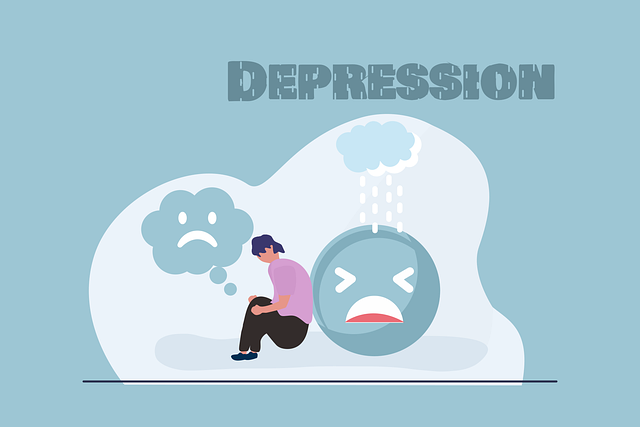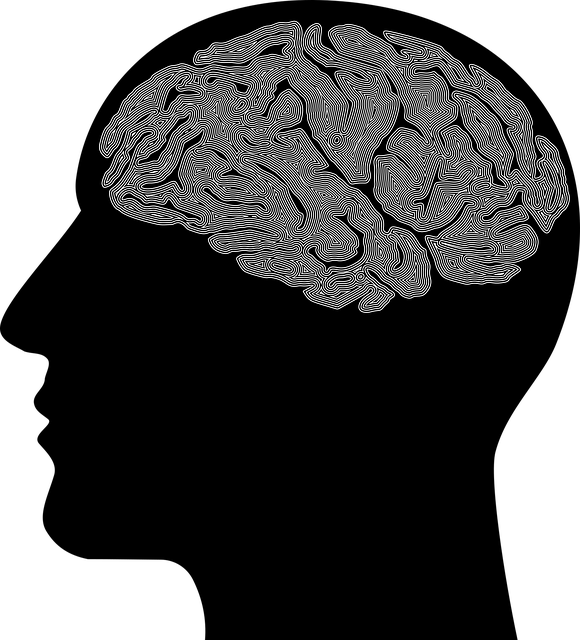Cultural sensitivity in mental healthcare is key to supporting diverse communities, especially those with a large Golden Mandarin Chinese-speaking population. By incorporating cultural beliefs and practices into therapy, such as GMCST (Golden Mandarin Chinese Speaking Therapy), therapists can create safe, culturally affirming spaces that reduce stigma and improve outcomes. This involves learning about nonverbal communication styles, actively listening, showing interest in cultural context, using simple language, and practicing mindfulness meditation to bridge gaps. The Community Outreach Program Implementation enhances access to these specialized services, fostering better emotional well-being within the community.
In the diverse landscape of mental healthcare, cultural sensitivity is a cornerstone of effective treatment. This article explores the intricate nuances of providing culturally competent care, with a specific focus on the Golden Mandarin Chinese Speaking Therapy approach. We delve into strategies for navigating cross-cultural communication, highlighting the importance of understanding and respecting diverse belief systems and practices. By examining these methods, mental health professionals can offer more inclusive and impactful services, particularly when serving Mandarin-speaking communities.
- Understanding Cultural Sensitivity in Mental Healthcare
- Golden Mandarin Chinese Speaking Therapy: A Specialized Approach
- Strategies for Effective Cross-Cultural Communication
Understanding Cultural Sensitivity in Mental Healthcare

Cultural sensitivity is a cornerstone in modern mental healthcare practice, aiming to bridge the gap between diverse patient backgrounds and therapeutic approaches. It involves recognizing and appreciating the impact of cultural beliefs, values, and traditions on an individual’s mental health experiences and expressions of distress. This understanding is particularly relevant in communities like those with a significant Golden Mandarin Chinese-speaking population, where unique challenges and strengths may influence how mental illness is perceived and addressed.
Incorporating cultural sensitivity means that therapy sessions are not one-size-fits-all but rather tailored to reflect the patient’s cultural context. For example, therapists might incorporate aspects of traditional Chinese healing practices or emphasize the importance of familial connections in coping skills development, as opposed to isolating the individual in Western-centric therapeutic settings. Mental health education programs designed with a focus on cultural sensitivity can also help reduce the stigma associated with mental illness among these communities. Such initiatives contribute to more effective and inclusive care, ensuring that Mandarin-speaking individuals receive support tailored to their unique needs and beliefs.
Golden Mandarin Chinese Speaking Therapy: A Specialized Approach

In recent years, there’s been a growing recognition of the importance of cultural sensitivity in mental healthcare. One specialized approach gaining traction is Golden Mandarin Chinese Speaking Therapy (GMCST). This therapy caters to the unique needs of Chinese-speaking individuals within the mental health system. By combining traditional elements of Chinese culture and therapeutic practices, GMCST offers a safe and culturally affirming space for clients to explore their emotional well-being. The integration of emotional intelligence techniques tailored to these cultural contexts has proven effective in fostering meaningful healing.
The Community Outreach Program Implementation plays a crucial role in expanding access to this specialized care. Through targeted initiatives and community engagement, mental health professionals can bridge the gap between diverse cultural communities and quality therapy services. By leveraging Emotional Well-being Promotion Techniques aligned with Chinese cultural values, GMCST not only enhances therapeutic outcomes but also strengthens the overall resilience of these communities.
Strategies for Effective Cross-Cultural Communication

Effective cross-cultural communication is a cornerstone for providing sensitive mental healthcare to diverse populations. When working with clients from different cultural backgrounds, such as those who speak Golden Mandarin Chinese, therapists must be adept at understanding and respecting unique communication styles and nonverbal cues. This involves actively listening beyond words, being mindful of language barriers, and showing genuine interest in learning about the client’s cultural context. For instance, incorporating practices like mindfulness meditation can bridge cultural gaps by offering a shared activity that enhances emotional regulation and fosters trust.
The process should also involve educating oneself about the specific cultural norms and values to avoid assumptions or misunderstandings. Therapists can encourage open dialogue where clients feel safe to express their experiences and concerns freely. Additionally, using simple language and avoiding jargon can significantly improve communication. By integrating these strategies, mental health professionals ensure that every client receives personalized care tailored to both their cultural identity and individual needs, ultimately facilitating better outcomes such as anxiety relief and improved emotional regulation.
In an increasingly diverse society, cultural sensitivity in mental healthcare is no longer a nice-to-have but an absolute necessity. By integrating specialized approaches like Golden Mandarin Chinese Speaking Therapy and employing effective cross-cultural communication strategies, practitioners can create inclusive and accessible services that cater to the unique needs of all individuals. This holistic approach ensures that mental health support is both culturally competent and compassionate, fostering better outcomes for everyone.














